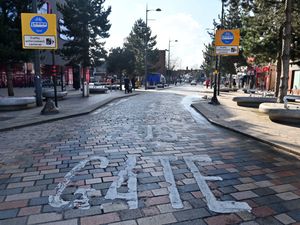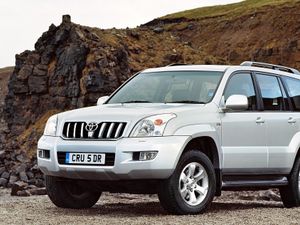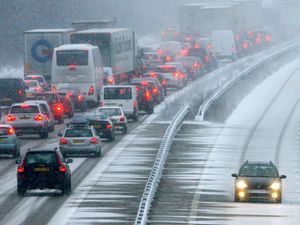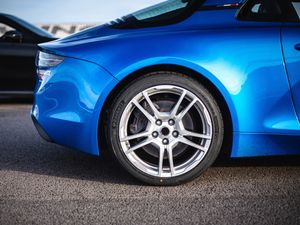The summer holiday car checks to ensure hassle-free journeys
The vacation period is here and what better way to enjoy it than with your friends and family on a road trip.
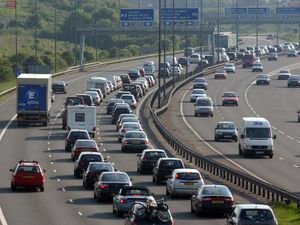
Every year, thousands of motorists take to the roads for their summer holidays to enjoy the open road while getting to that dream destination.
When we go on a car journey, the first thing we think about is how to get to our destination as quickly as possible, which can often leave mechanical checks falling by the wayside.
The last thing you want out of a long journey is to be greeted with a flat tyre, mechanical gremlins or even worse, a breakdown.
To prevent any of these problems from occurring, we’ve compiled a list of checks to do before you encounter the long miles ahead.
Here is our guide to things to look for a trip away this summer.
Check the tyres

>
When it comes to vehicle assessment, one of the most important things to do is to check your tyres. Look at their condition – are there any cracks, or perishing? Look for the tread depths, remembering that the legal limit in the UK is 1.6mm. You can buy a tread depth indicator to make sure you’re spot-on, too.
Furthermore, most tyres come with a date located on the sidewall itself, indicating the week and year of their manufacturing – if they are old, our advice would be to replace them. If your car has a spare tyre then ensure that this is all topped up and looking good too.
Also, check the tyre pressures, especially if you’re carrying more than one person as having low or odd PSi can cause the vehicle to behave differently and dangerously. You may also have to adjust your pressures if you’re carrying more people or luggage than usual.
Top up the levels if necessary
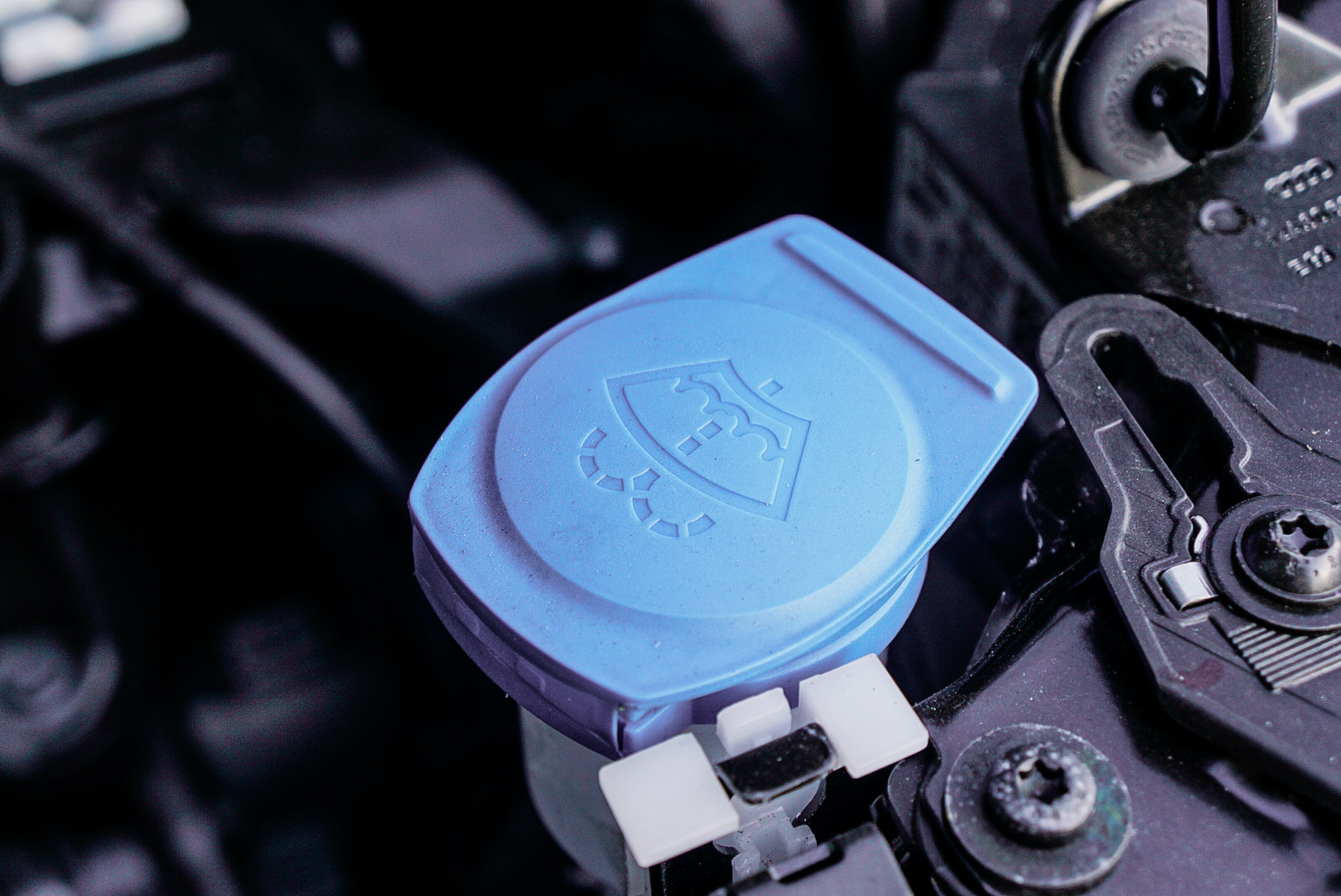
>
Before heading off on your journey, it’s a good idea to check your car’s oil levels. Running a car low on oil can seriously damage its engine or – even worse – could cause the internals to disintegrate. Make sure the oil level is between the minimum and maximum mark – which should be noted on the engine’s dipstick. If you need to top it up, use the correct oil for your car – you’ll be able to find this information out via the vehicle’s handbook or by asking the retailer.
Remember to top up your screenwash, because this time of year a lot of bugs can get splattered onto the windscreen. We’d also recommend looking at your brake fluid and coolant, as these are vital fluids for the safe performance of your car. If you’ve got any concerns – or don’t feel comfortable topping these fluids up yourself – then ask a trained professional for help.
Check the brakes

>
One of the most vital safety components of your vehicle is the brakes. Check that the brake discs aren’t scored, pitted, corroded or warped as these mechanical defects can affect how they perform. Also, look at how much ‘life’ is left of your brake pads; a tip would be to try and get your finger between the gap of the brake caliper and the pad itself.
If you can feel the pad within the gap, your pads have got plenty of life left in them, if you can’t get to them – they need replacing. Of course, don’t try this after the car has been used as these components can get very hot.
Take a tool kit and jack
Most modern cars won’t come with a spare wheel or tyre, instead, they will have compact foam repair kits to save weight and space. But, if your car does come with a spare tyre, wheel or space saver, don’t forget to check that your tool kit and jack are in their place.
If you have the misfortune to receive a puncture, then having these tools will save you great pain and stress from having to trundle around trying to find the nearest tyre shop – especially if you’re in an unknown area. If you’re unsure, then there are plenty of guides on how to change a wheel online.
Have breakdown cover in place

>
If you’re heading particularly further afield then it’s worthwhile having some breakdown cover in place. This can be a real saving grace if your car is stricken down while you’re out and about and even more so when you’ve got a number of people in the car.
If you’re travelling abroad, then ensure that this cover applies to the other countries you’ll be travelling to.
Put a first aid kit in
A first aid kit may sound a little over the top but it can come in handy for your entire journey/holiday. If you’re carrying a lot of passengers or small children it’s good to carry some essential plasters, bandages, scissors and alcohol wipes as small injuries can still occur wherever you are and you will be appreciative of having it with you if you’ve got small children who can hurt themselves quite easily.

